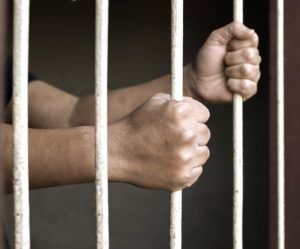 A DUI stop or checkpoint is a different experience these days. More states have implemented policies to stop drunk drivers, including implied consent laws and rapid warrants for blood alcohol concentration (BAC) tests. When you are suspected of drunk driving and the officer wants to give you a breathalyzer test, you may have heard that you have a right to refuse a breathalyzer test. Sounds great, doesn’t it? If you refuse, because you have a ‘right’ to, then there’s no evidence, right?
A DUI stop or checkpoint is a different experience these days. More states have implemented policies to stop drunk drivers, including implied consent laws and rapid warrants for blood alcohol concentration (BAC) tests. When you are suspected of drunk driving and the officer wants to give you a breathalyzer test, you may have heard that you have a right to refuse a breathalyzer test. Sounds great, doesn’t it? If you refuse, because you have a ‘right’ to, then there’s no evidence, right?
That’s not the case. When you first received your driver’s license, you agreed to the state’s implied consent laws. Implied consent laws state that by driving a vehicle you have agreed to submit to chemical tests of your breath, blood, or urine to determine blood alcohol concentration (BAC) if asked to do so by a law enforcement officer. Which means you’re going back on your word when you refuse a breathalyzer test: you are not cooperating with the officer. Depending on the law where you are, you might even be ‘interfering with an investigation’. It never looks good in court the next day to be uncooperative during the arrest.
When you refuse a breathalyzer, you may appear even more guilty to the law enforcement officer who already suspects you’ve been drinking and driving.
- As such, you’ll probably be further scrutinized by law enforcement (they’re not just going to say okay after you refuse the breathalyzer).
- Those warrants for your BAC will quickly come into play.
- If your BAC is above the legal limit or you are clearly impaired (even with a lower BAC), you’ll face additional implied consent penalties on top of any criminal drunk driving charges.
- In Tennessee, a suspended license means you will have an ignition interlock requirement, no matter what. Washington State allows you the option. Your state will have similar penalties and access to interlocks.
In fact, if you refuse a breathalyzer test, you wind up with a charge against you for refusing the breathalyzer test. No matter how you look at it, refusing a breathalyzer test is the wrong advice. It complicates matters and adds penalties against you. The only real way to beat a breathalyzer test is to wait sufficiently after drinking before driving.

 DUI Debacle: Your Bad Back, and Your Bad BAC
DUI Debacle: Your Bad Back, and Your Bad BAC